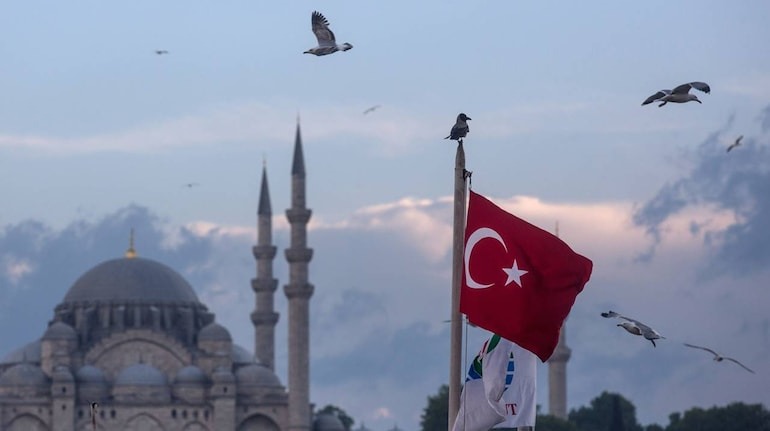
As Europe recalibrates its security architecture in response to Russian aggression and a less reliable U.S. alliance, Turkey has emerged as a central figure in Europe’s new defence landscape. With NATO’s second-largest army and a growing indigenous arms industry, Turkey was named alongside the UK, Norway, and Canada in the EU’s latest defence white paper.
This comes despite rising domestic repression under President Recep Tayyip Erdoğan, including the recent arrest of opposition leader Ekrem İmamoğlu, who is widely seen as a presidential challenger.
Muted Western Response Reflects Realpolitik
While countries like France have expressed “deep concern,” most Western responses have avoided directly linking Turkey’s domestic crackdowns to defence cooperation. US Secretary of State Marco Rubio called the political arrests “unfortunate” but reaffirmed Turkey’s value as an ally.
Analysts say this marks a pragmatic shift in strategic thinking. “It’s in our interest to work with Turkey,” said Nico Lange, former German defence official. This approach prioritizes security needs over democratic values.
Eastern Europe Seeks Alternatives to U.S. Protection
With President Trump questioning NATO’s future and pursuing a softer stance toward Russia, countries like Poland are increasingly looking to Turkey and other regional powers for security backing.
“Democratic problems in partner countries are less relevant now,” said Igor Janke of Poland’s Freedom Institute. The logic echoes the 2015 EU-Turkey migration deal, where billions in aid were exchanged for border control.
İmamoğlu’s Warning to the West
In a New York Times op-ed from prison, Istanbul mayor Ekrem İmamoğlu criticized the West’s silence. He warned that ignoring Erdoğan’s repression in exchange for strategic gains risks legitimizing autocracy. “We must not trade away our values,” he wrote.
Italian lawmaker Lia Quartapelle echoed the concern, warning against equating Erdoğan’s regime with democratic partners. “This is a shortsighted choice,” she said.
Turkey’s Balancing Act Between NATO and Russia
Since the 2022 Russian invasion of Ukraine, Turkey has pursued a dual strategy—arming Ukraine and restricting Russian naval access, while also refusing to impose sanctions and maintaining trade ties with Moscow.
Experts suggest this reflects Turkey’s desire to prevent a Russian-dominated regional order, especially in areas like Syria, where Turkey has increased influence.
Turkish Defence Industry Expands Across Europe
Turkey’s arms industry has flourished despite past Western embargoes. Companies like Baykar, known for its TB2 drones, have gained prominence and are expanding into European markets, including acquiring Italy’s Piaggio Aerospace.
Turkey also exports naval vessels, artillery, and armoured vehicles—offering cost-effective alternatives to Western-made systems. “Turkey is among the few European powers actively reducing dependence on U.S. arms,” said Camille Grand of the European Council on Foreign Relations.
Can Values Be Sidelined Indefinitely?
While realpolitik drives today’s cooperation, the question of democratic values looms large. Grand warns that future unrest or escalation in political repression could force Europe to reassess its stance.
As Turkey grows in strategic relevance, Europe faces an ongoing dilemma: how long can it sideline democratic principles for security partnerships, and what are the long-term costs of such compromises?
Read More: World Bank Approves 700 Million Dollars for Pakistan to Boost Economic Stability and Public Services

 Share
Share



